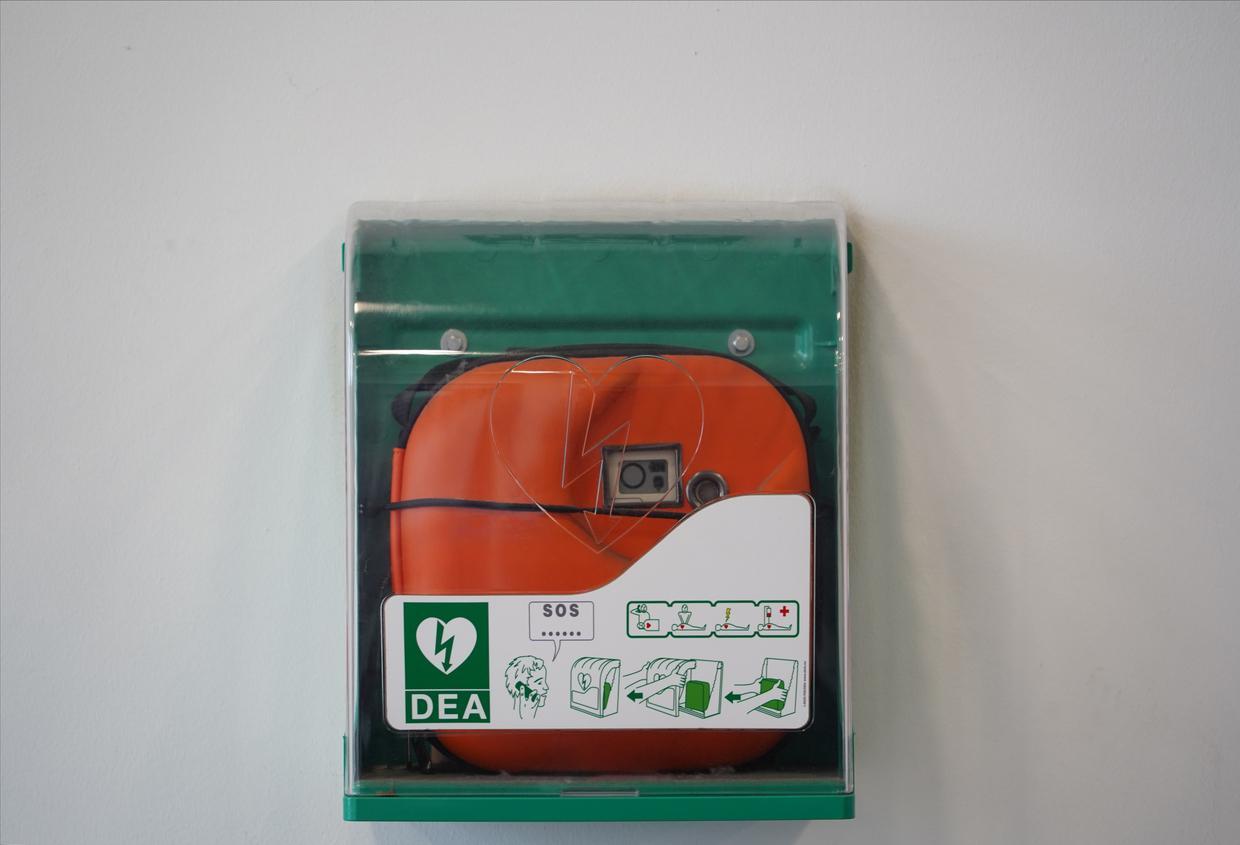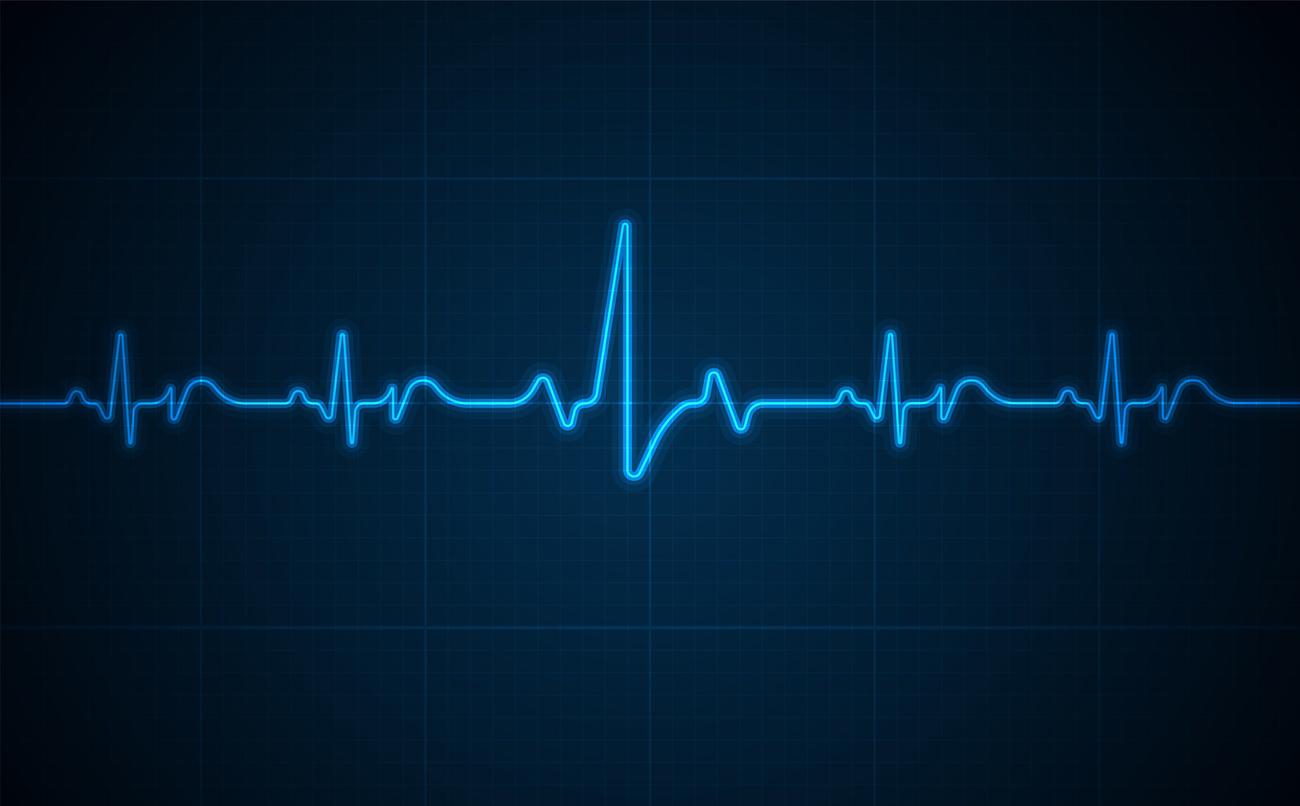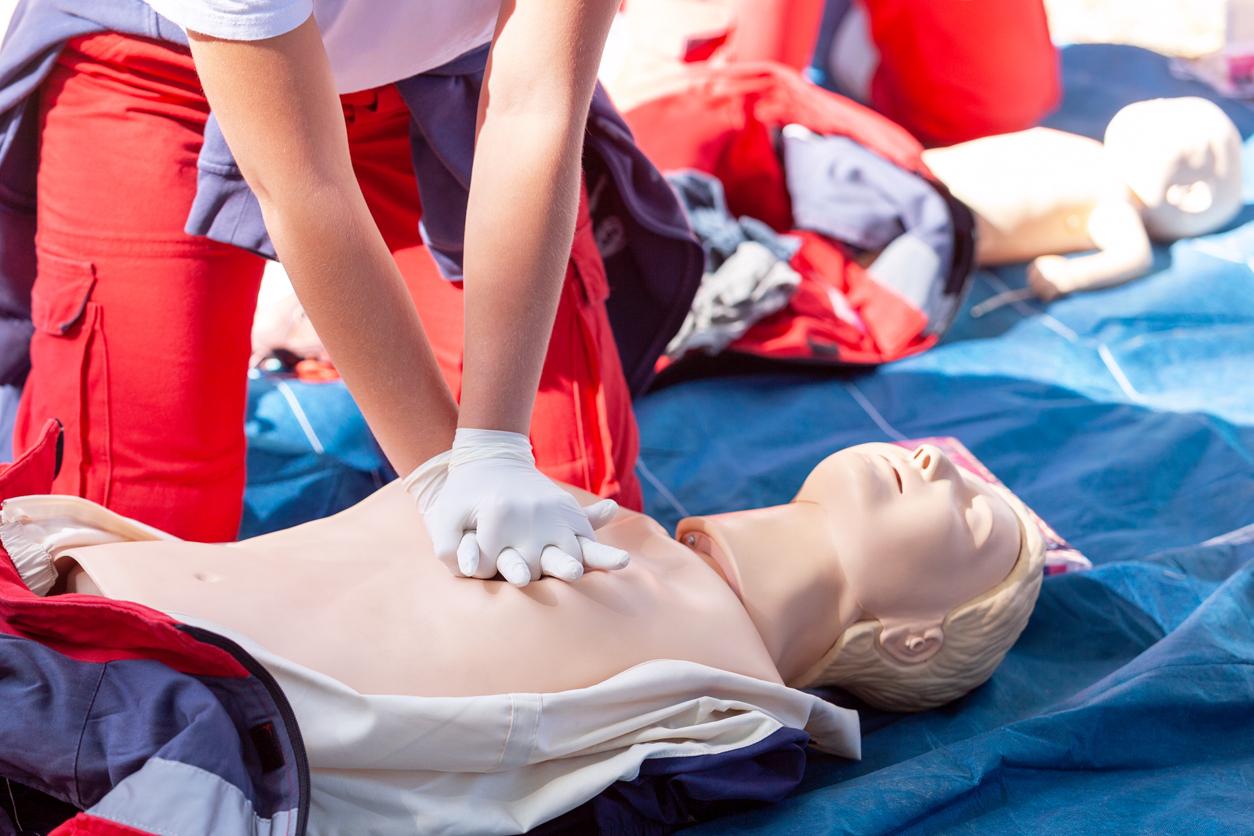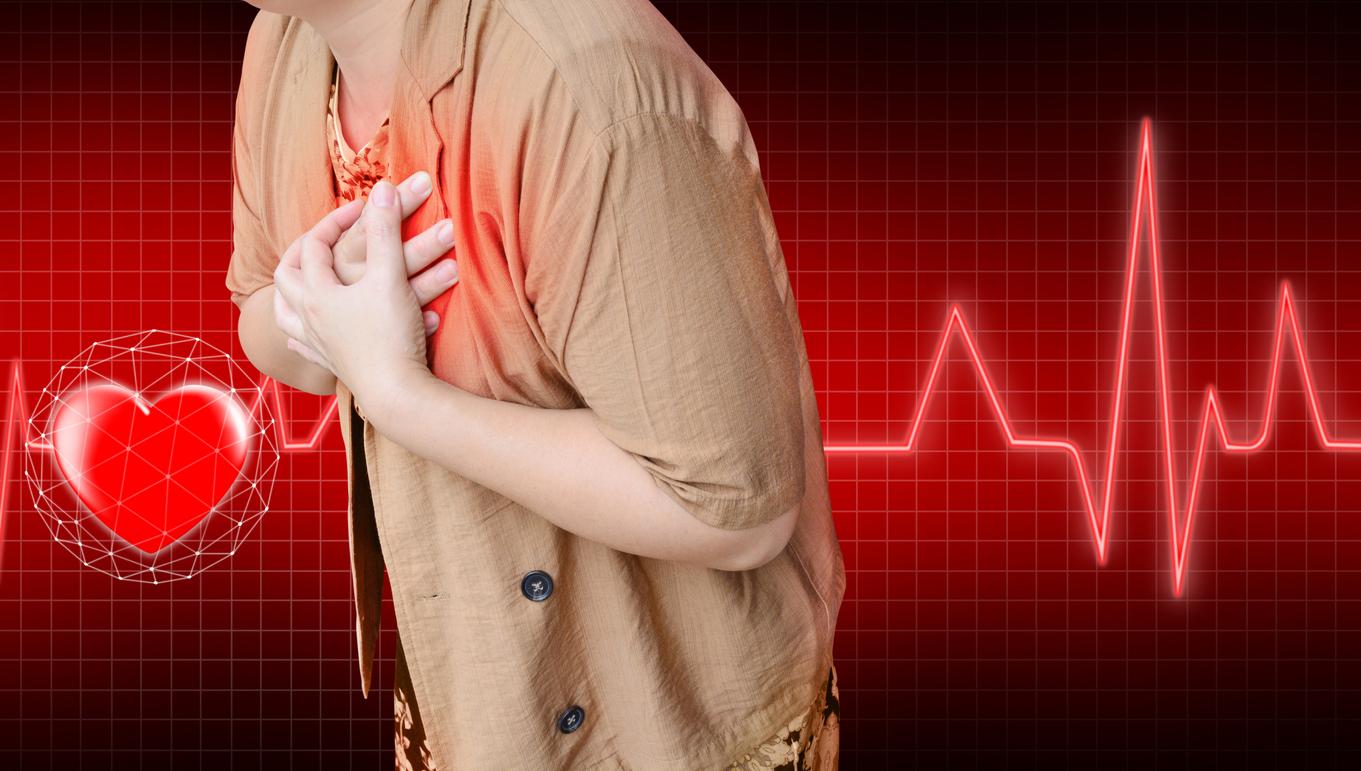The French Federation of Cardiology is launching a campaign until July 6 to remind people of the simple steps to help victims of cardiac arrest.

“Do you know how to save? This is the question asked by the French Federation of Cardiology (FFC) on the occasion of a web awareness campaign, under the hashtag “#SaveYouSauver”, which will be held until July 6 and which aims to recall the importance of “saving gestures” in the event of cardiac arrest.
And it is not by watching all the episodes of Emergencies, Dr House or Grey’s Anatomy that we can claim to know them. The objective of this campaign is therefore clear: “to emphasize the importance of knowing how to detect the signs of cardiac arrest, know the reflexes and use a defibrillator,” recalls the FFC. a online test with seven questions will help Internet users to know whether or not they have mastered “saving gestures”.
Important minutes to survival
During this campaign, the Federation recalls the simple gestures that save lives. When faced with a person showing signs of cardiac arrest, the first thing to do is to call the emergency services (15 or 112 from a cell phone), which takes between 9 and 19 minutes to arrive on the scene, d ‘after the electronic cardiac arrest register (RéAC). However, “for a cardiac arrest, a minute lost, it is 10% less chance of survival”, explains Professor Jacques Beaune, cardiologist and honorary president of the FFC.
“The urgency is to gain time to preserve the heart and the brain, and to prevent cardiac and neurological sequelae. It is important that each of us is able to practice “saving gestures” and to know that it is easy to use a defibrillator “, he insists, which could save 32% of lives, estimates association.
65% of cardiac arrests occur in front of witnesses
The honorary president of the FFC recalls that “three quarters of non-hospital cardiac arrests occur at home”, and this, in front of witnesses in 65% of cases. Even if defibrillators are already present in many public places such as shopping centers, trains, businesses or sports centers, the FFC “recommends also installing defibrillators in the common areas of collective dwellings”.
In France, each year, 40,000 people die of cardiac arrest. “Most of these deaths are the result of a lack of knowledge of the behavior to be taken in the face of an emergency”, deplores the Federation. In fact, less than 17% of French people are trained in first aid and the use of a defibrillator. A low figure compared to the lives that could be saved.
.










-1708094208.jpg)




